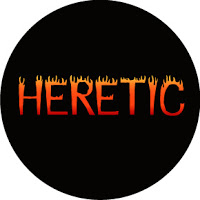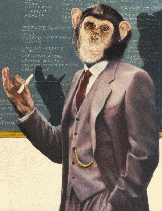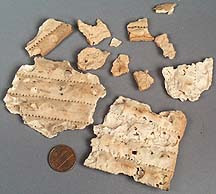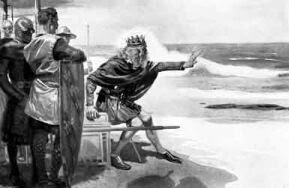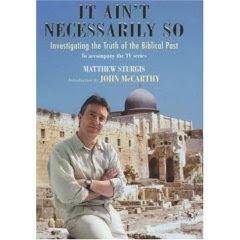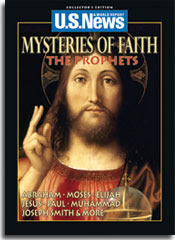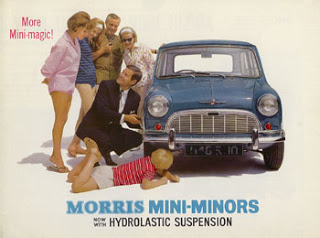
Once upon a time there was a monolithic sect called the Worldwide Church of God. Everybody was required to submit to the leaders and - incredibly - even
think alike about anything of consequence. And it worked, at least for a time.
Until it all crashed.
Today the refugees are clustered in little groups, each eager to distinguish its virtues from the failings of the others. In place of one rigid hierarchy there is a proliferation of minor warlords. Then, uniformity; now, diversity.
So who, if anyone, speaks for the COGs?
That's easy: Bob Thiel.
"...we in the COGs believe that... We in the COGs believe that..." (March 17)
"We in the COGs do not consider that... We do not consider that... Thus, we in the COGs feel that... we in the COGs do not..." (St Patrick article)
Bob even wallops old Saint Pat for something he might be accused of himself: "It is quite
presumptuous, as well as wrong, for Patrick to conclude that..."
Presumptuous. Very apt.
Naturally Bob, like everyone else, is entitled to his beliefs and opinions, and to advocate those views. But does Bob even speak on behalf of warlord Meredith? If not, how much less "the COGs." What makes one man's view more truly "COGish" than another (Mark Armstrong's or Clyde Kilough's for example?)
Where, for example, does it say that COG members shouldn't wear green on March 17? (Bob's latest pronouncement is called
"Why The Church of God Does Not Wear Green on St. Patrick's Day") Okay that's Bob's understanding, and good for him, but a member of UCG in the Republic of Ireland might feel somewhat different.
Nobody is asking Bob to clam up, just to quit claiming to be some kind of ecumenical spokesman. After all, COGwriter is something of an institution, and the news service Bob provides is appreciated by many.
Unlike the old WCG, healthy communities thrive in an atmosphere of debate. The goose-stepping days under Herbert Armstrong didn't lead to harmony. The proof of that is in what happened when the rubber bands broke in 1996. Among Herb's present-day imitators debate is a pretext for division, as we've seen with Charles Bryce. Debate is a bad word in the Armstrong lexicon.
In
The Closing of the Western Mind
, Charles Freeman notes an alternative view first expressed long ago by Heraclitus of Ephesus. The harmonious city (or church) is not one in which everyone lives in peace but one among whose citizens there is constant activity and debate (p.10). Debate is a necessary prelude to reason, tolerance and charity. Small wonder then that these qualities often seem in short supply in the brittle, splinter-prone world of Armstrongism.
Think back to the Early Church. Judging from the evidence in the New Testament alone, the wheels seem to be coming off. Dissension, name calling, different practices. Who spoke for the first generation of Christians? Paul? (Paul thought so). Peter? (Matthew and Mark thought so, e.g. Mt 16: 17-19). James? (Thomas thought so: "Go to James the Just"
Gospel of Thomas 12) How about "the disciple whom Jesus loved"? John thought so. It took the creative talents of Luke to try (with mixed success) to draw those loose threads together and paper over the cracks.
It seems nothing much has changed.


